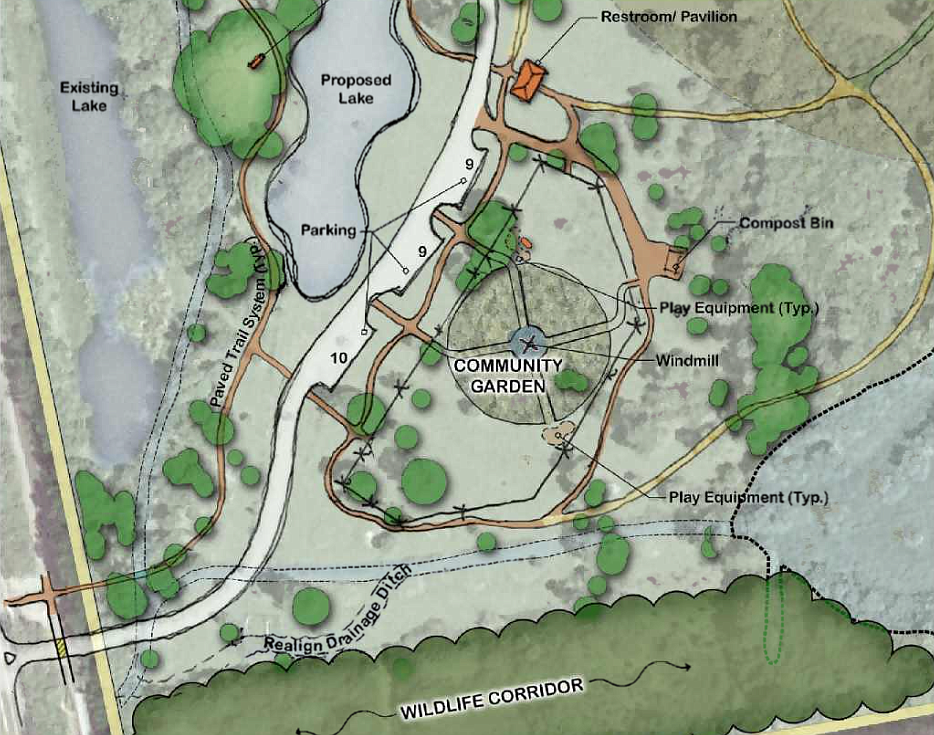- April 24, 2024
-
-
Loading

Loading

Prominent Sarasota-area developer Hugh Culverhouse Jr., also a longtime trial attorney, has ventured in an area few others will go: He attacked the IRS.
Even better for Culverhouse: He won.
“People don’t realize that if you take the IRS to court and end up in litigation, by law the IRS is presumed correct,” said Culverhouse. “That encourages them to take outrageous positions.”
Added Culverhouse: “I couldn’t be happier. The IRS couldn’t be sadder.”
The dispute is relatively straightforward, despite the high stakes and the risk of going after an agency not known for its short memory.
Culverhouse, developer of Palmer Ranch in south Sarasota County, donated an 82-acre tract to the county in 2006 for a conservation easement. The tract was home to a pair of bald eagles and a nest.
Culverhouse and his tax lawyers valued the land at $25.2 million for tax write-off purposes. They came to that conclusion using a moderate density residential formula, which allowed up to 410 units.
The IRS took a different view. Agents there, court records show, say the land could hold up to 100 units, max. That makes it worth $7.75 million.
Culverhouse countered that the IRS used faulty data and inexperienced, out-of-town appraisers to get to $7.75 million. IRS agents, Culverhouse said, “had no clue what they were doing.”
A series of hearings and lawsuits followed. U.S. Tax Court Judge Joseph Robert Goeke ruled the land is worth $21 million.
But Culverhouse, based in Coral Gables, appealed not only Goeke’s $21 million valuation, saying it was too little, but also the process by which the judge found that valuation.
Federal Judge Richard Goldberg, with the 11th Circuit Court of Appeals, in a decision handed down Feb. 5, sided with Culverhouse. The judge sent the case back to Goeke, and ordered him to use a comparable-sales method, with 2006 sales figures for similar land purchases, to reach a proper valuation.
Culverhouse said that figure better be $25.2 million — or he might go back to court. “Most people are intimidated by the IRS and settle,” said Culverhouse. “But I’m a trial attorney. I don’t like to settle. I want to go to trial.”
Another bonus, added Culverhouse, is Goldberg’s opinion can now be something of a guide to others who seek to donate land but want proper tax valuation. In a story in the Miami Daily Business Review on the case Culverhouse said taxpayers can “rely on this opinion and screw the IRS.”